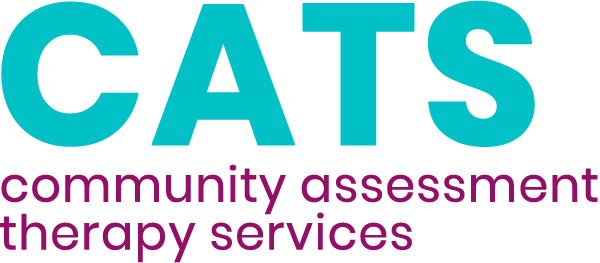What is a Cognitive Assessment?
Cognition is the mental process of acquiring knowledge and understanding through thought, experience and our senses. Your child is continually learning and experiencing the world, in order to develop their cognition. Sometimes a schoolteacher, SENCO, or a parent may notice some strengths and weaknesses in your child’s cognition or may comment on a particular learning style they have. In order for your child to continue to develop and learn, a cognitive assessment is helpful to identify the areas of strengths and weaknesses that they may be experiencing. When interpreted along with other background information, parent and teacher reports, the results of cognitive assessments can provide information about your child which can assist to develop learning plans for children.
Another word for a cognitive assessment is an IQ test or Intellectual Quotient test. A series of activities and puzzles are administered by the clinical psychologist to assess various areas of cognitive ability including:
- Verbal Comprehension – measures the child’s range of vocabulary and their ability to express general knowledge and explain concepts
- Visual Spatial – measures the child’s verbal reasoning, understanding, concept formation and knowledge
- Fluid Reasoning – measures the child’s ability to solve novel problems independent of previous knowledge
- Working Memory – measures the child’s ability to learn, manipulate and retain information to complete new tasks
- Processing Speed – measures the child’s ability to quickly process and make decisions about visual information
The assessment is carried out in a quiet room, free from distractions. It usually takes around 60 – 70 minutes to complete. Most children find the activities fun and not at all like school tests…
What is an Executive Function Assessment?
Executive function summarises a combination of mental skills and processes which help you to organise, carry out multiple tasks at once and pay attention. Children and young people who could benefit from an executive function assessment may display difficulties with some of the following:
- Paying attention
- Organisation
- Following multistep instructions
- Planning
- Regulating emotions
- Self-monitoring
- Self-correction
- Processing
- Reflection
Parents, teachers and sometimes the child themselves, are asked to complete an assessment form. This is scored by the psychologist and strengths and difficulties with executive functioning can be identified in the home and the school environment.

